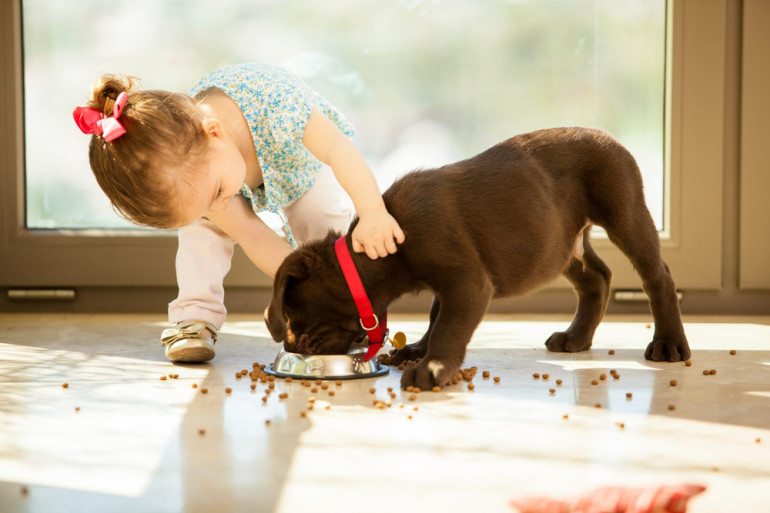Pet Power
Tags: consequences, family meetings, pets
I don’t often talk about my children, but I want to share our family’s success with the care and feeding of two guinea pigs. I think it shows the benefits of applying Adlerian principles proactively.
Use Family Meetings
My children (age 7 and 8 at the time) asked if they could have guinea pigs. I replied, "Sounds like you’re really excited about that. Let’s put it on the family meeting agenda and we’ll all discuss it."
Conflict Resolution ("best for both" vs. "my way or your way")
At the family meeting the girls shared their eagerness to have guinea pigs, and my husband and I shared our reluctance and concerns. Since we require consensus before moving forward, the girls wanted to overcome our objections, which were:
- What is required to own a guinea pig? This will take research.
- Who will care for them while we are away?
- Who will look after the cleaning and feeding?
- Who will cover the costs involved? (Thank goodness we’d established the use of allowance so the children could save the $125 needed)
It took weeks, and many meetings, to get this all lined up. They went to the library. They made trips to pet store to ask questions and make a budget. Finally they reported all the information at a family meeting and we agreed that we had a plan and the guinea pigs could come.
Compare all this learning and skill development to the more common answer, "You’ll just get tired of them and then I’ll end up looking after them, so forget it."
TTFT (take time for training)
My children then "babysat" a friend’s guinea pig so they could experience first-hand both the fun and responsibility of caring for animals. I helped them master the following:
- How to change the cage and get all the filth into a garbage bag, where the garbage bags goes when it is full, vacuuming up the bits on the floor, etc.
- I helped them as they worked to create their own feeding schedule (daily before school) and a cleaning schedule (weekly, as part of our family house cleaning routine).
Encouragement
Then, I shared with them my supportive and encouraging belief that they could handle this awesome responsibility for the survival of another living creature. They were mighty proud.
Natural Consequences
While doing our research we talked about the natural consequences of not caring for these animals. Things like the smell of a dirty cage and how starvation and dehydration lead to death. Both girls demonstrated great empathy and agreed that this would be wrong and hurtful.
Logical Consequences (state what you will do, firm and friendly)
I let them know that I would not remind them of their responsibilities or get involved in anyway. But if I came across an animal that was being neglected whether in our house or on the street, I would have to take the animal to the Humane Society. I said I hoped that they would have the same good judgment if they saw an animal in misery.
Mistakes are an Opportunity for Learning
Sure enough, there have been a few mistakes. Instead of pouncing on my kids with a morale lecture or quickly whisking the guinea pigs to the Humane Society after the first skipped feeding, I used my parenting energies to help guide them to see how mistakes could be viewed as learning opportunities. "What’s not working with feeding them in the morning? How could you devise a solution to remind you?" In this way I am helping, but I am NOT taking over their responsibilities or robbing them of the chance to develop problem solving skills.
Modeling
I hope my children have seen in me approaches to people, life, and problems that they will emulate. I hope they feel our family life is one that is respectful and filled with genuine care and concern for their wants and desires. I hope they know they are social equals in our home.
(Snowy and Blackie continue to live a comfortable life in a large cage in downtown Toronto.)



2 Responses to “Pet Power”
Thea from Mississauga
Hi Alyson.
Could you post something on what family meetings look like or how to get started for different age ranges? My little guy is almost 3, a great talker but I can’t remember how to structure a family meeting in a way that will be meaningful or helpful at this age. My girlfriends have older kids and want to start family meetings but don’t know how to not make it into a scheduling or list of problems time that the kids don’t want to attend. I do a lot of internet research but I haven’t found good family meeting resources.
Thanks
Marko @ Parent Support Hub
When you purchase or even better adopt a pet, this is a great opportunity to teach your children responsibility. It is important your children know that by fulfilling their responsibilities of care for an animal they are showing respect to these creatures that depend on them for their needs.